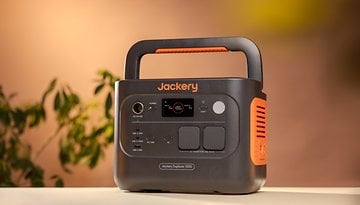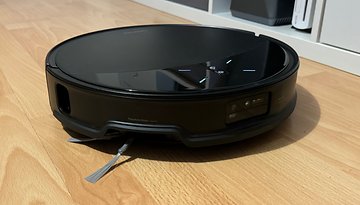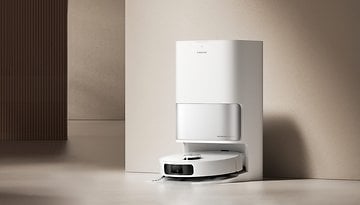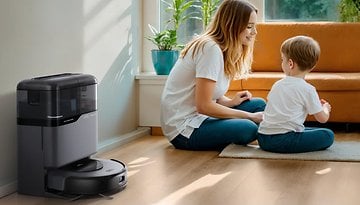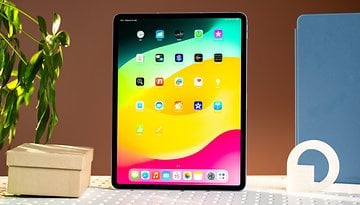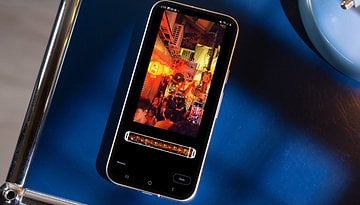Matter Smart Home Standard: Is It Doomed to Fail?
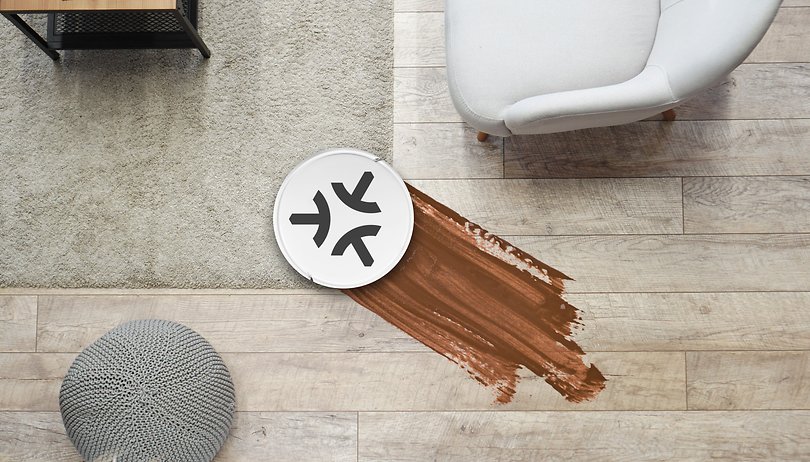

Matter was supposed to be the panacea for all smart home incompatibilities. However, things have become rather quiet concerning the standard, and the matter (heh!) has begun to weigh rather heavily on the standard's shoulders. What has apparently gone wrong (or right) with Matter?
Yes, Matter is an entirely new standard, and that will always require a degree of acceptance by the status quo, which translates to friction in the industry. I can still remember my first Bluetooth phone and what a pain it was to share an Internet connection with the Symbian smartphone via Windows 98 using a Bluetooth USB dongle. But hey, being able to enjoy chatting on IRC while sitting on the porcelain throne felt like a revolution in 2002.
Back to Matter, which also felt like a revolution—aside from all the teething problems at launch, it also suffers from growing pains like Bluetooth did. Matter follows this particular idea: there's a single standard that all devices in the smart home use to talk to each other.
This means there is no need for any bridges to install Philips Hue bulbs, and you won't have to worry about the interoperability of window and temperature sensors. Just make a purchase at a store as long as that device carries Matter's standard, also known as "Thread", and you should be good to go.
There are four primary drawbacks of Matter that, unfortunately, will not get better in the foreseeable future.
1. Matter itself is always limited compared to the original
Matter is theoretically extremely versatile, but suffers from the same problem as Apple HomeKit. Only a fraction of the features that can actually be remotely controlled is supported. For instance, you can connect a Wi-Fi socket to HomeKit within seconds and turn it on and off. But can you read the current power consumption or even create automated actions based on the power consumption? That only works with the manufacturer's app.
Matter is also currently unable to transmit energy consumption from devices via a standard—for this to happen in 2023 when energy is a far more important topic than ever before is a minus point!
Matter (and HomeKit) will continue to carry this burden around for a very long time. When it comes to Bluetooth, WLAN, and others as well as their own apps, manufacturers can think of features for their products as they please. However, only features specified in the standard are supported via Matter—and this brings us to the next problem.
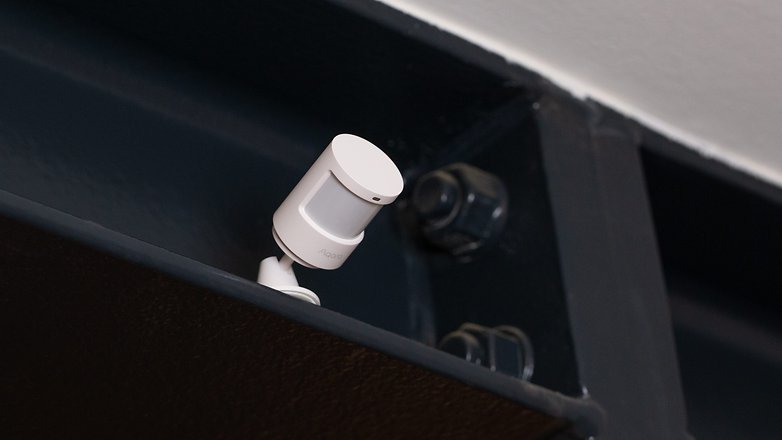
2. Matter standard is extremely limited and is not progressive
Matter 1.0 was launched last November with support for smart lights, light switches, outlets, door locks, thermostats, air conditioners, shades and blinds, motion and contact sensors, and media storage. Right at the top of the update roadmap were other household appliances such as robot vacuums, refrigerators, and washing machines.
Speaking of updates: At the event, the Connectivity Standards Alliance (CSA) behind the standard promised that a new version of the standard would be released twice a year. Now that Matter 1.1 finally arrived last May, there was not a single new device class included, but only bug fixes. You would not be able to find any trace of vacuum robots and similar appliances.
On its website, the CSA promised the following truly illustrious list of product categories:
ambient sensing, appliances, dynamic lighting, cameras, electric vehicle charging, energy management, home router and access point, robot vacuums, smoke and CO, TVs, and water management.
Until today, none of the above have appeared. If the update to Matter 1.2 does not happen anytime soon, then we can very well forget about seeing Matter 2.0, materialize. The future looks dark for the standard. So far, not even basic, everyday devices like cameras, doorbells, and other similar home accessories are wedded into the standard.
3. The major manufacturers have no interest (and the small ones have no money)
Imagine you were Xiaomi, Samsung, or Bosch, and already had a fairly extensive smart home ecosystem in place. Would you then want every startup that came along to replace your expensive light switches with a better and cheaper solution? Probably not. Unfortunately, we don't have any official statements from the manufacturers here, but the main train of thought among the sharks should be something like this: We are not in a position where we have to push the Matter standard.
- Also interesting to know: Manufacturers who support Matter
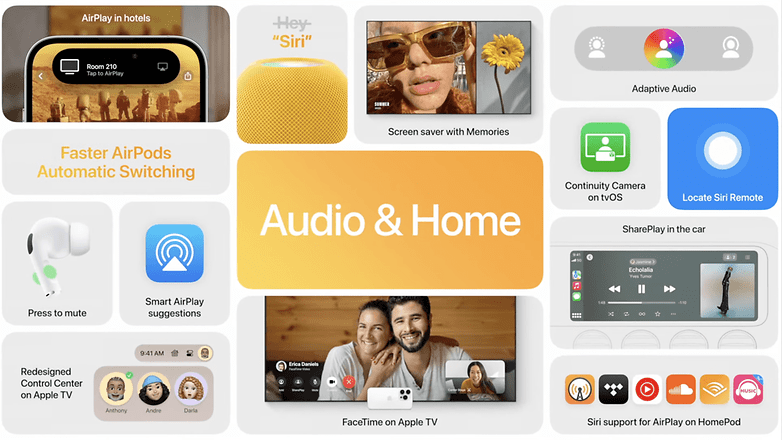
On the other end of the spectrum are the small manufacturers, such as the Munich-based company Eve, which was recently acquired by ABB. Here, you can find the will to take up the Matter cause, as these small companies are betting the farm on Matter. However, such companies rarely have an unlimited amount of budget to drive the standard forward and ultimately place huge pressure on the major players.
Of course, there are Apple, Amazon, and Google, which produce their fair share of smart home devices, but are nevertheless firmly integrated into the smart home ecosystem via their respective voice assistants. However, another more important topic dominates conversations at the moment: AI. At the WWDC 2023 keynote, for instance, Apple did not mention Matter even once.
What's the bottom line? A chicken-and-egg problem in which some don't want to or don't have to—and the others can't.
4. Matter certification costly for small manufacturers
This is where the next point comes into play: Anyone who wants to develop Matter products requires a CSA membership that costs at least $7,000 per year and must pay another $9,000 to $13,000 per product. Sure, that's chump change for companies like Xiaomi and similar organizations, but for small startups, that is a huge stumbling block.
In addition, hardware for Matter products is expensive and not easy to procure. One small smart home manufacturer told nextpit that they had to fight hard to even get enough chips to ship Matter-compatible products in sufficient quantities. It is also still unclear which specifications future Matter versions will have.
Just to compare: For the AOSP project, there are many specifications that will remain far into the future as part of the system requirements for Android 15, 16, and 17, and future updates will require. That's the only way it's even possible for manufacturers to provide multi-year update guarantees.
What's next?
The bottom line is, there is still hope as Princess Leia believes. Anyone who experienced the beginnings of Bluetooth would know of the teething troubles of adopting new standards. In the end, the CSA may even do well to fly under the radar with Matter for now until the technical problems are solved. As TheVerge reported, setting up the devices using various QR codes is still a horror show.
After all, who wants to roll out a problem-ridden system to the public? It is better to polish the standard with a small and notoriously computer frustration-resistant group of early adopters as beta testers before going mainstream. After all, the CSA doesn't have much pressure due to a lack of competitors—unlike Sony and Panasonic, among others, who fought the big battle of supremacy between Blu-ray vs HD-DVD against Toshiba and their allies about 20 years ago.
